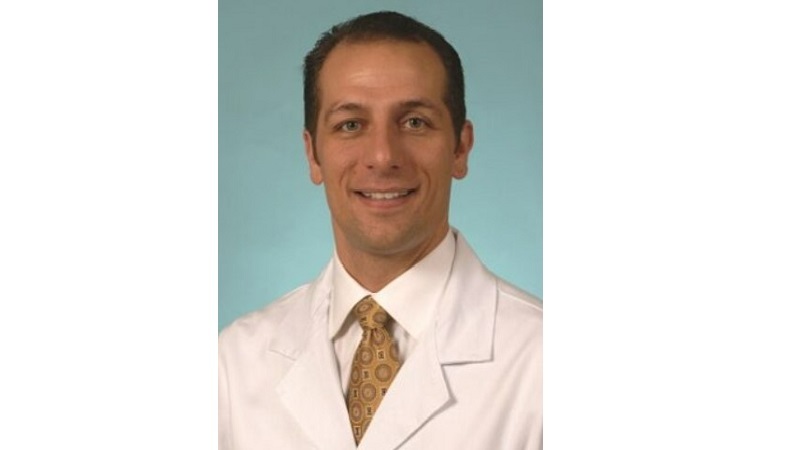
Early research suggests radiation may be used to treat people with life-threatening irregular heartbeats.
The Associated Press reported on Thursday that while the radiation procedure is still highly experimental, results from early research have shown it may be used to reprogram misfiring heart cells. Researchers are set to begin the first rigorous study to prove if a quick, one-time dose is safe enough and works well enough for patients who have relapsed after standard care.
“It may actually rejuvenate sick tissue, and that’s pretty exciting," Dr. Stacey Rentschler of Washington University in St. Louis said, according to AP News.
Early research for a highly experimental radiation treatment has shown promise for treating people who have life-threatening irregular heartbeats and have exhausted other treatment options, AP News reported. Early research has, surprisingly, suggested radiation may reprogram misfiring heart cells to control heartbeats similar to younger and healthier cells. The treatment would be used for an irregular heartbeat called ventricular tachycardia. Ventricular tachycardia is a major cause of sudden cardiac arrest and is responsible for about 300,000 U.S. deaths every year.
According to AP News, this type of experimental treatment goes against how cancer doctors are typically trained-- to avoid radiating the heart at all costs to prevent collateral damage. Researchers are preparing to begin a rigorous study into the treatment in order to discern if it is safe and effective. Dr. Phillip Cuculich and Dr. Clifford Robinson are working together to test the procedure. AP News reports that patients lie in the same machine that normally blasts cancer with radiation, with the procedure lasting as little as 15 minutes.
Cuculich and Robinson reported the first successful treatments in 2017 and 2019, according to AP News. The experiment consisted of a small amount of desperately ill patients, the results showed dramatic improvement in those patients who say they are doing well up to six years later. The doctors have gotten approval to treat about 80 more people on a strict case-by-case basis. A similar international study of about 400 patients will randomly assign either radiation or a catheter ablation to each patient and compare the efficacy of both treatments. However, the radiation procedure has not been approved by the FDA, requiring stronger evidence for more routine use. Additionally, the question of how radiation prevents arrhythmias is still a mystery.